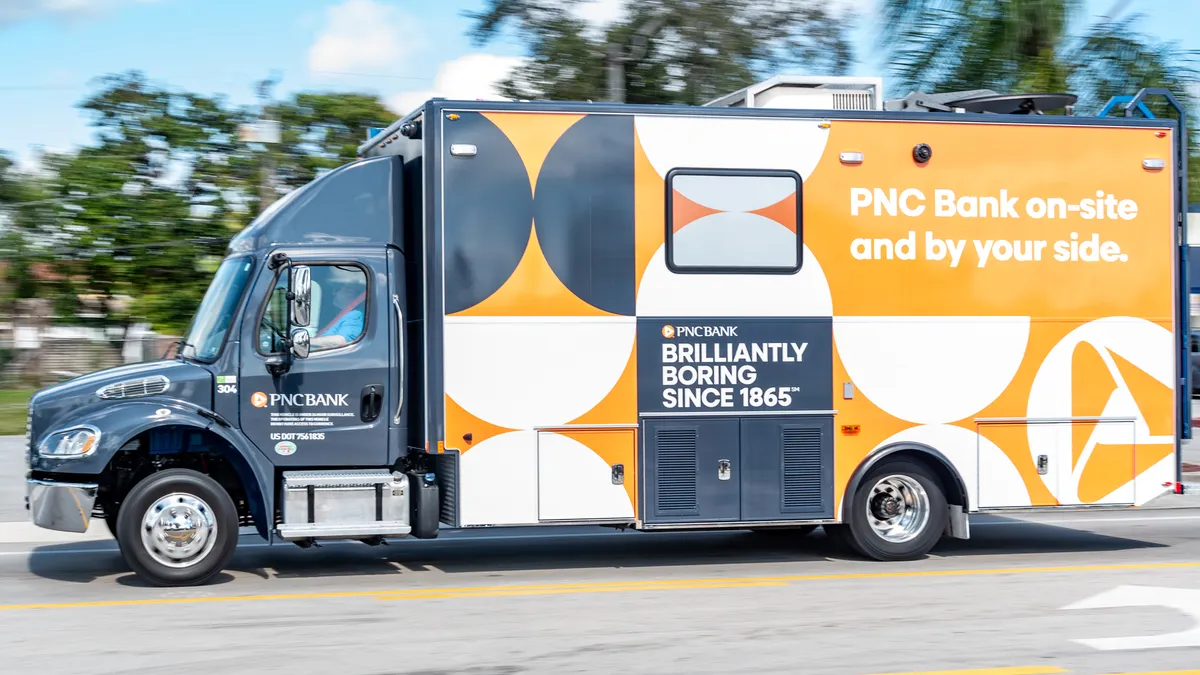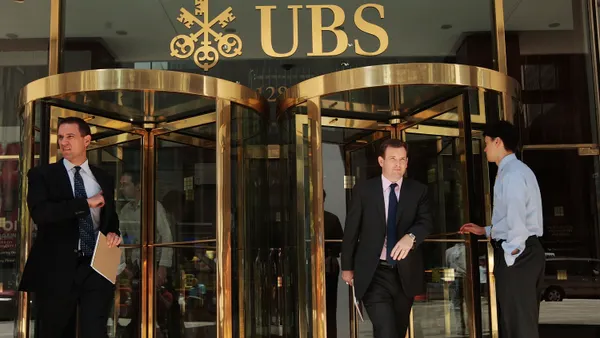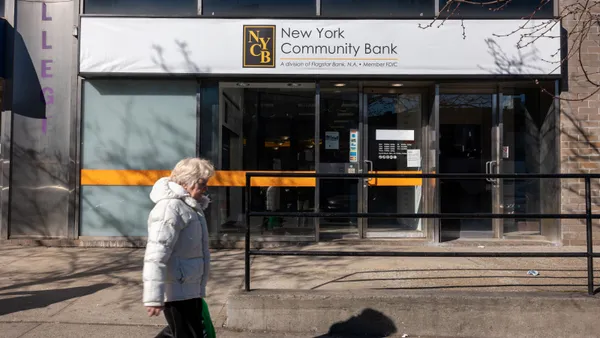UPDATE: Jan. 8, 2021: The offices of the inspectors general of the Treasury Department, Federal Deposit Insurance Corp. and Federal Reserve are investigating whether American Express misled or strong-armed business owners into signing up for credit cards, The Wall Street Journal reported Thursday, citing anonymous sources.
They are also looking into whether specific employees contributed to the alleged behavior and if their supervisors condoned it, some of the sources said.
"We have been cooperating with a regulatory review of small business card sales between 2015 and 2016," a spokeswoman for the payment network told the publication. That matches the time frame around when warehouse retailer Costco announced it was ending its 16-year partnership with AmEx in favor of a new deal with Visa.
AmEx reportedly assigned the task of retaining Costco small-business clients to about 100 salespeople in Phoenix. Some made calls to those clients from their personal cell phones, or closed sales on unrecorded desk lines rather than, as required, to call customers on their recorded desk lines, a group of AmEx employees previously told the Journal.
"We have conducted a detailed, independent review of these sales from this time period, and found no evidence of a pattern of misleading sales practices," the AmEx spokeswoman said. "We take these matters seriously, and will continue to cooperate with our regulators."
Spokespeople for the inspectors general offices declined to comment to the Journal.
The Office of the Comptroller of the Currency (OCC) is launching a separate investigation involving cards issued to business owners to replace their co-branded AmEx-Costco cards, sources told the publication.
"We have robust compliance policies and controls in place, and do not tolerate misconduct," the AmEx spokeswoman told the Journal this week.
Dive Brief:
- To boost card signups, some American Express salespeople strong-armed small-business owners by misrepresenting card rewards and fees, checking credit reports without consent, and issuing unwanted cards, more than a dozen current and former AmEx employees told The Wall Street Journal.
- The sales tactics date to at least 2015, when Costco announced it was ending a long-running partnership with AmEx in favor of a new deal with Visa. The warehouse retailer had accepted only AmEx credit cards in its stores for the previous 16 years and issued co-branded cards with special perks.
- About 30% of American Express’s revenue stems from services it sells to companies, and its small-business card portfolio is larger than that of its nearest five competitors combined, the Journal reported. AmEx is the largest business-card issuer in the U.S., according to the Nilson Report.
Dive Insight:
American Express has made a hard drive over the past half-decade to be accepted by as many merchants as rivals Visa and Mastercard, and the company has appealed to small-business owners in that effort, too — in some cases, offering sign-on bonuses of up to $450,000.
At stake with the end of the Costco deal, AmEx stood to lose not only its cut of sales within Costco but of the 70% of purchases made using the card outside of the retailer.
AmEx gave the task of retaining Costco small-business clients to about 100 salespeople in Phoenix, an effort dubbed "Project Lincoln." The strategy was straightforward. Sales staff would call Costco business-card holders to convince as many as possible to sign up for AmEx business cards. Six months into the project, some salespeople had earned commissions of $50,000 to $100,000, the current and former employees told The Wall Street Journal.
But not all sales calls were above board. Some salespeople placed calls from their personal cell phones, or closed sales on unrecorded desk lines rather than, as required, to call customers on their recorded desk lines, the employees said.
Beyond that, the activation rate for cards issued in Project Lincoln stood at 40% to 45% — far below AmEx’s typical 60%, a figure that an executive at AmEx’s headquarters flagged to the Phoenix division. Meanwhile, Phoenix sales staff were earning the highest commissions in the company, said people familiar with a 2015 presentation by a senior employee.
Commissions were decreased, and some salespeople suspected of questionable behavior were fired, sources said. The Costco retention campaign ended in 2016, but the fishy sales tactics continued, the people said.
For example, salespeople allegedly told less-than-enthusiastic business owners they would send informational "welcome kits" in the mail — but they used Social Security numbers and addresses obtained from customer databases to submit applications on the business owners’ behalf. The "welcome kits" consisted of the cards (which came with a $295 cost) and their associated paperwork, according to the Journal.
Abdelnasser Abdeen, a used car dealership owner in Virginia, said when he complained about being charged the fee for an unwanted card, he was told the card rewards would more than cover the fee. Other dissatisfied customers were offered extra rewards points to drop their complaints, sources told the Journal.
AmEx found few cases "inconsistent with our sales policies," a company spokesman told the Journal. "All of those instances were promptly and appropriately addressed with our customers, as necessary, and with our employees, including through disciplinary action," he said.
When Wells Fargo — also in 2016 — disclosed that some of its branch employees had created fake accounts, the Office of the Comptroller of the Currency (OCC) asked AmEx and other companies to make sure their employees weren’t resorting to similar tactics.
AmEx reviewed calls from desk phone lines of sales staff — but not from personal cell phones or unrecorded lines — from 2014 to 2017 and told the OCC it found few cases of inappropriate sales tactics, sources told the Journal. The company reprimanded or fired some employees and asked credit-reporting firms to remove inquiries from the credit reports of customers who didn’t consent to the checks, they said. AmEx asked customers who received cards they didn’t authorize if they wanted to keep them, the people said.
AmEx told the Journal the business-card sales teams were responsible for around 0.25% of 65 million new cards issued by the company worldwide between 2014 and 2019. "Less than 0.25% of the group’s sales activities have been identified by us as inconsistent with our sales policies," a spokesman said.
But people familiar with the matter said the OCC last year listened to some AmEx sales calls and found evidence of misconduct.













